Fractures of the hand, wrist and elbow
These can present as simple and undisplaced fractures of the upper limb or they may present as complex fractures that have been surgically fixed and require an individualised post-surgical treatment approach. Common fractures include those of the wrist (distal radius and ulna, scaphoid and other carpal fractures) as well as those of the fingers (metacarpal and phalangeal fractures).

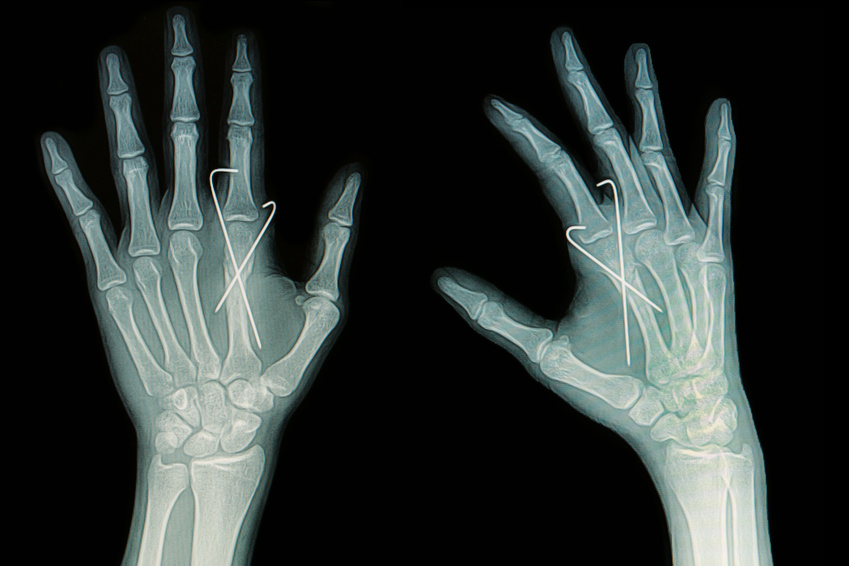
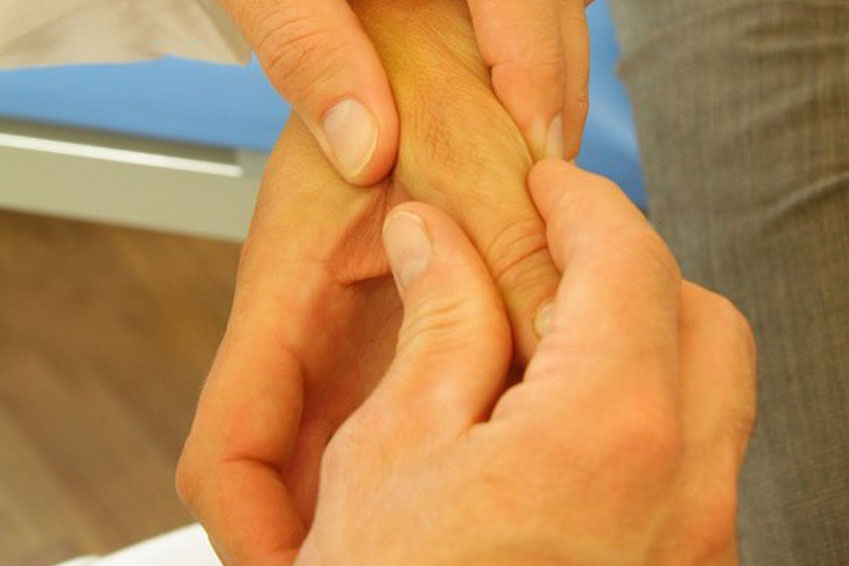
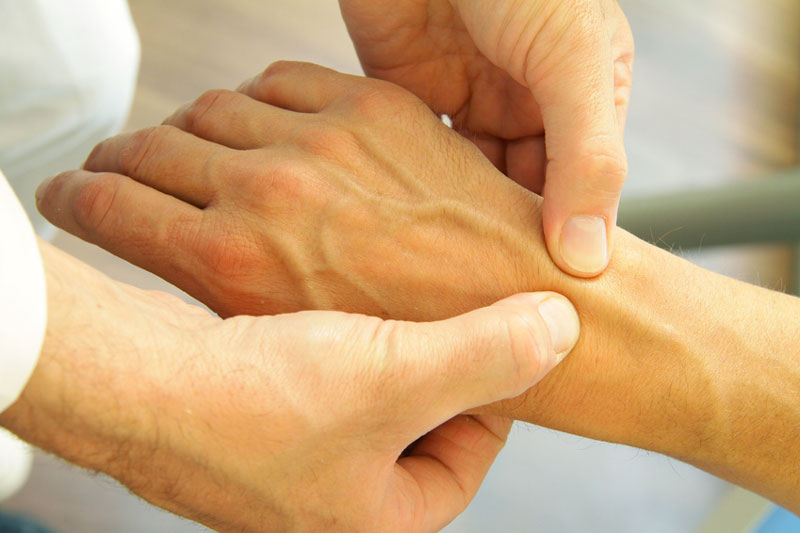

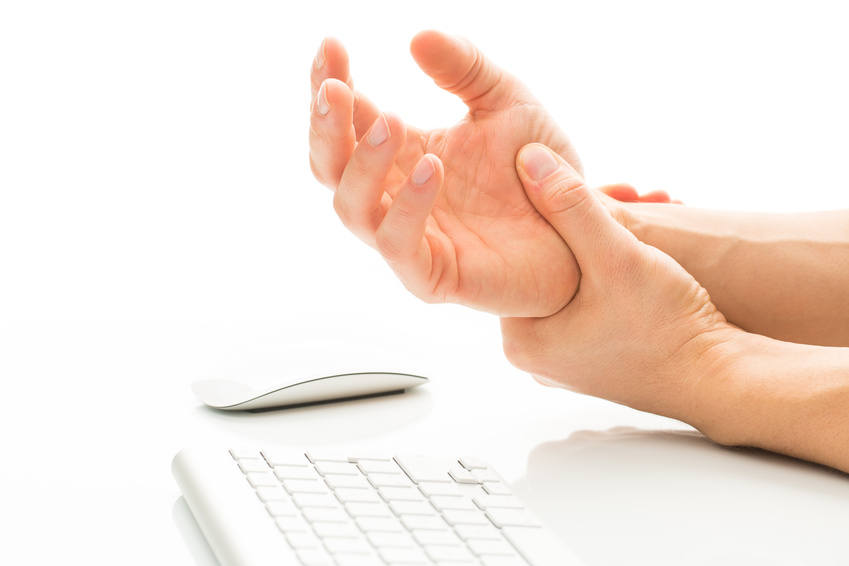
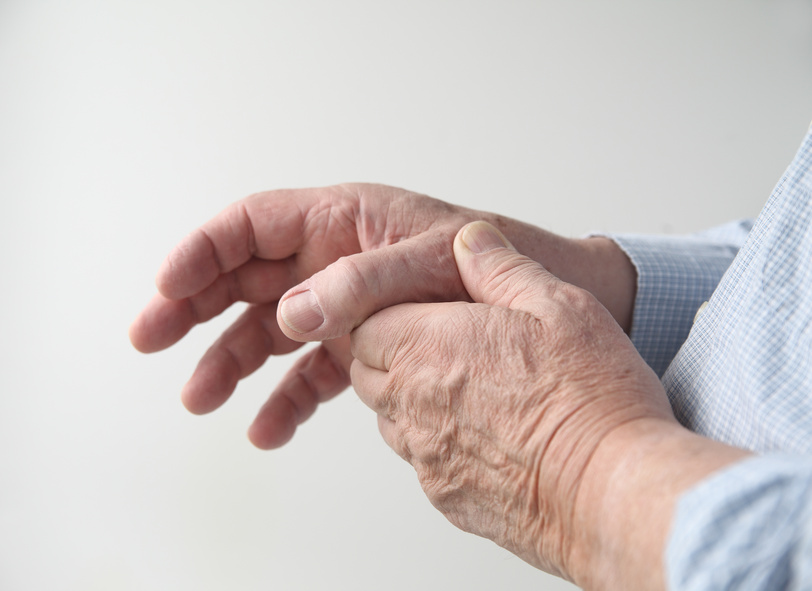

Social